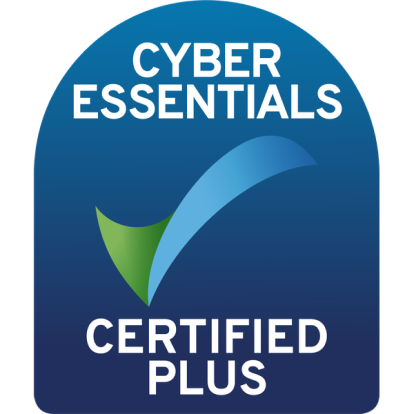As we’re nearing the end of the transition period, it’s still difficult to ascertain the full impact of Brexit on the sector and the immediate operational impact it will have.
Businesses have been asking for clarity for more than four years about what a post Brexit Britain will look like yet with only weeks left of the transition period, more than a third of businesses don’t have a strategy at all and 16% have put their plans to one side while they deal with the challenges which have arisen from Covid-19.
EU and UK officials have resumed trade talks in London today at the start of another key week for the negotiations, but as a ‘no deal’ looks increasingly likely, what can companies do today to put them in the best possible position for 2021?
Let’s focus on what we do know…
There will be disruption – work with an accredited partner
Timely forward planning is the key to minimising any friction in the days, weeks and months following the end of the Transition Period. The biggest challenge will be maintaining smooth logistics.
The Government’s own estimates have predicted potential queues of 7,000 lorries in Kent on 1 January 2021 for freight to clear customs.
At ASCG, we have an Authorised Economic Operator (AEO) accreditation, which brings significant benefits to the business, our customers and our international trading partners.
The AEO status demonstrates to the global business world that ASCG has a secure international supply chain standing and customs procedures in place which meet both UK and EU standards, so we can fast-track movement of goods and mitigate potential disruption. We also have excellent relationships with freight-forwarders to help prioritise customers when availability is stretched.
Customs can be complex – look for knowledgeable advisers
Once the Brexit transition period ends, the UK will be outside of the Customs Union. This means that goods leaving the UK to the EU will become exports from the UK and imports into the EU. The same will apply to goods vice versa. Businesses are therefore dealing with more complicated import and export obligations.
Every time goods cross the customs border, import taxes (import VAT and Customs Duty) need to be paid. Customs declarations are then needed as part of the process of bringing the goods into the destination country. There are many new considerations for businesses.
At ASCG, we have a dedicated and knowledgeable customs team in the UK and in the EU ready to help you navigate a complex and changing set of customs regulations. Our in-house team is available to support on classifying and evaluating goods for customers.
Supply chain visibility will be key – technology will help transition
As a more general point, a lesson which we can all take from this year is that against a backdrop of disruption, real-time visibility of an entire supply chain is key.
ASCG is a technology-led supply chain and logistics provider with complete end-to-end services. Our award-winning proprietary software, Vector, provides enhanced visibility of goods in transit with full track and trace from origin to destination.
Looking ahead
We are also working towards our authorisation for simplified declarations and will be able to support customers further with enhanced customs special procedures. Our dedicated team will continue to provide timely insights and for a more detailed discussion on how we can assist your business specifically, then please do not hesitate to contact Rory Watts on rory.watts@advancedsupplychain.com.
